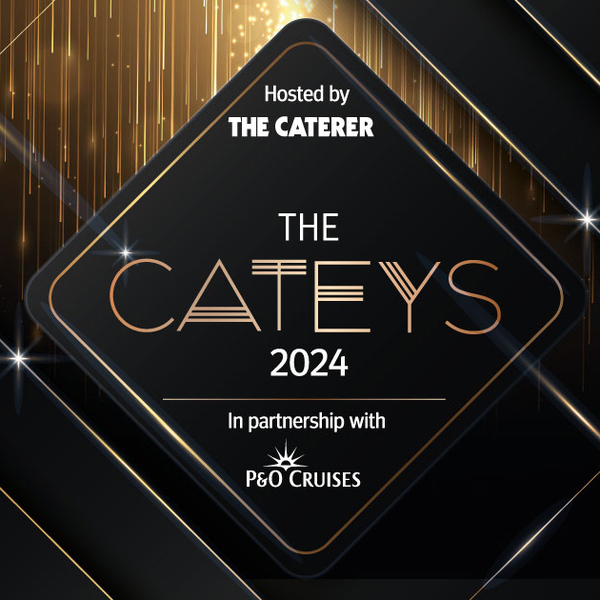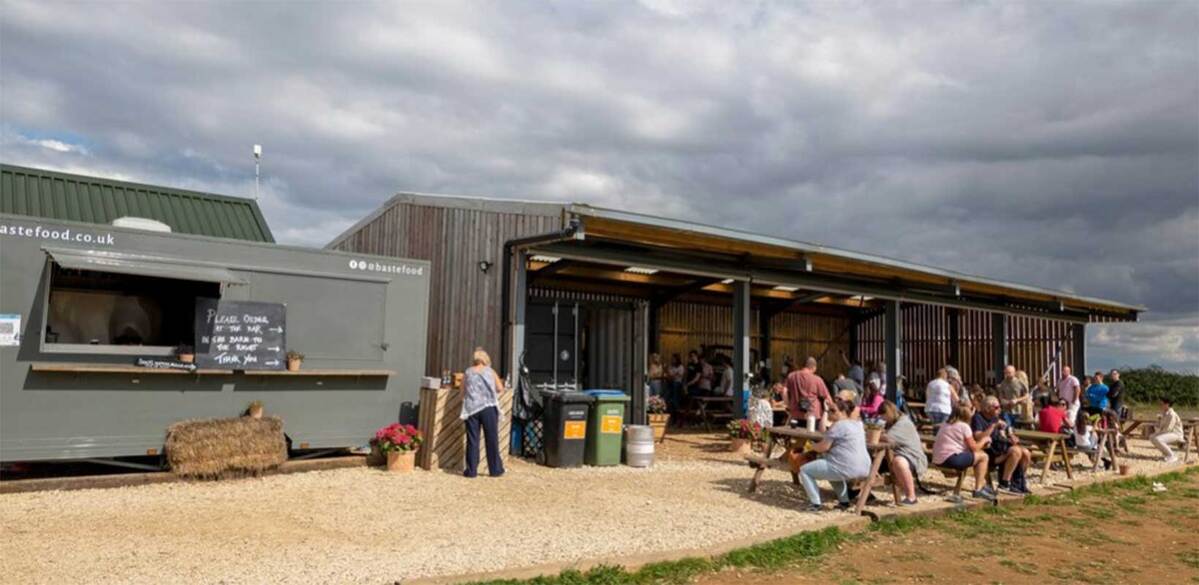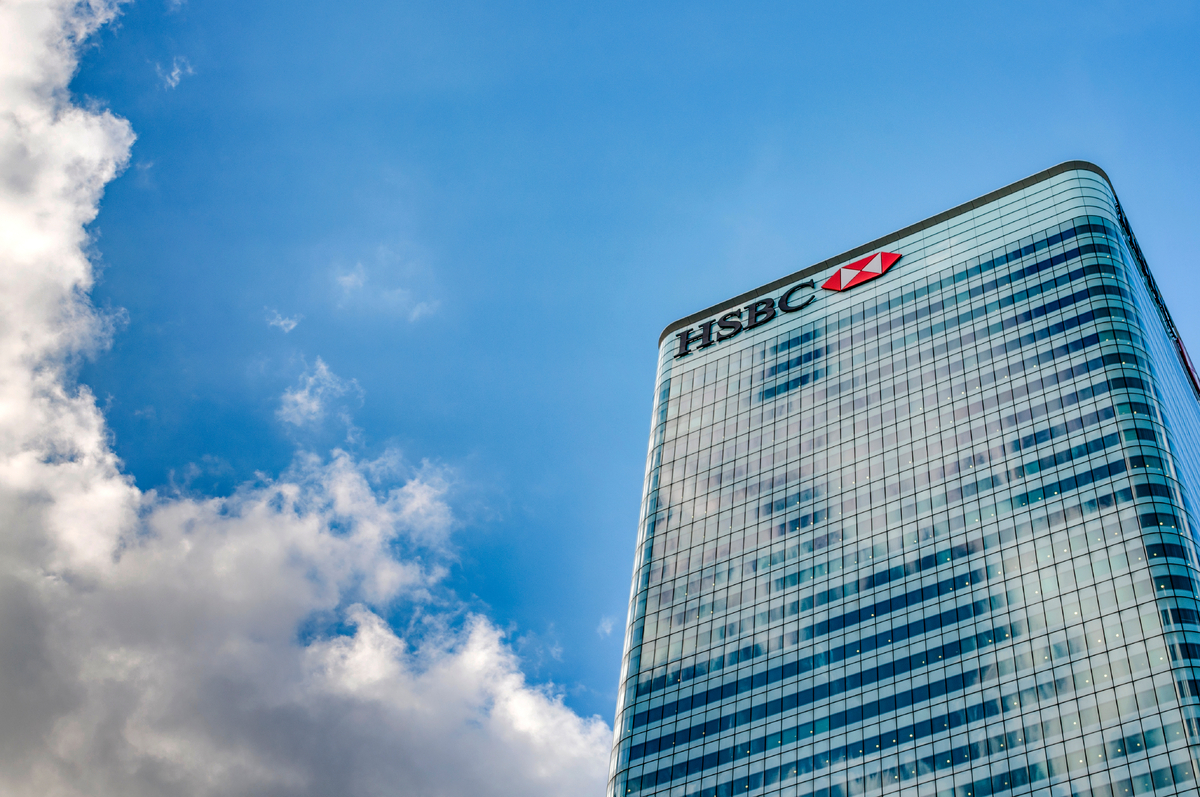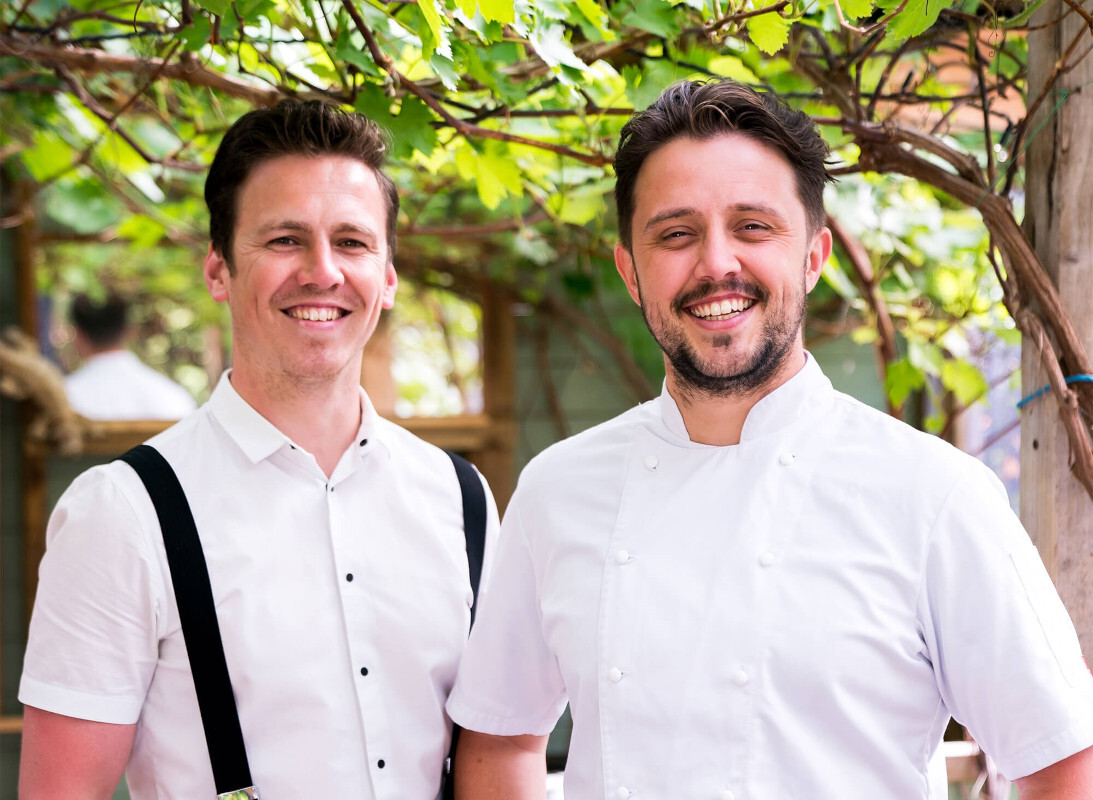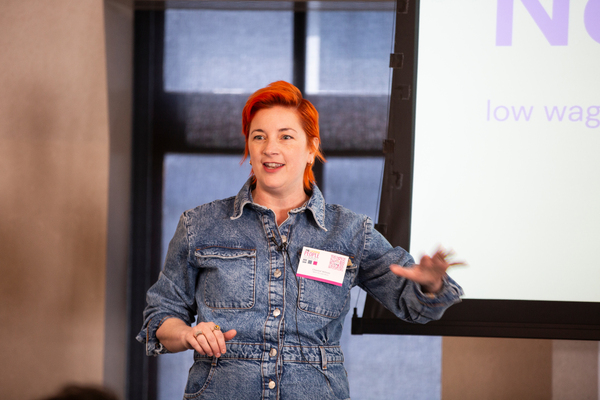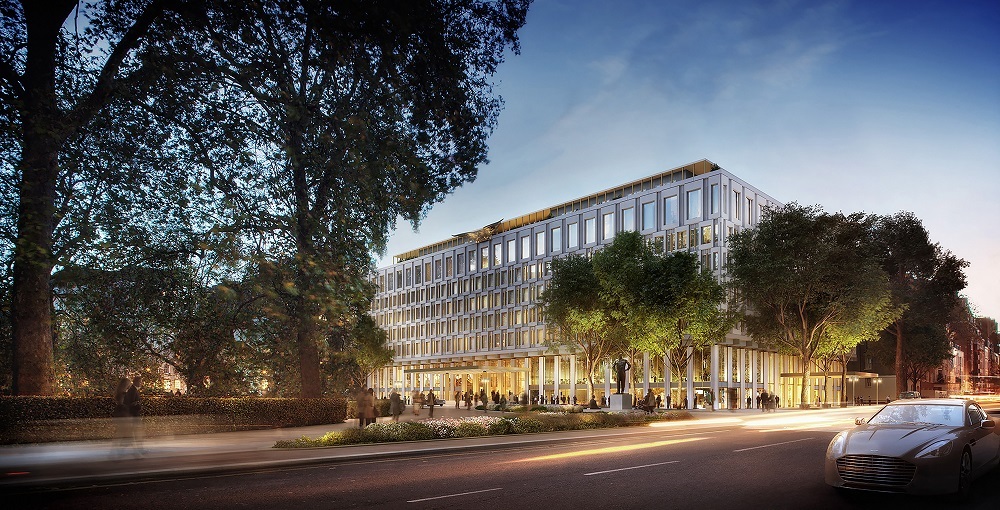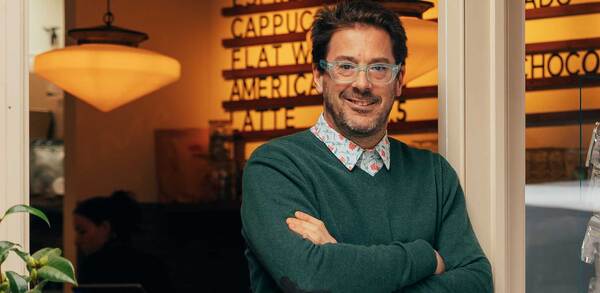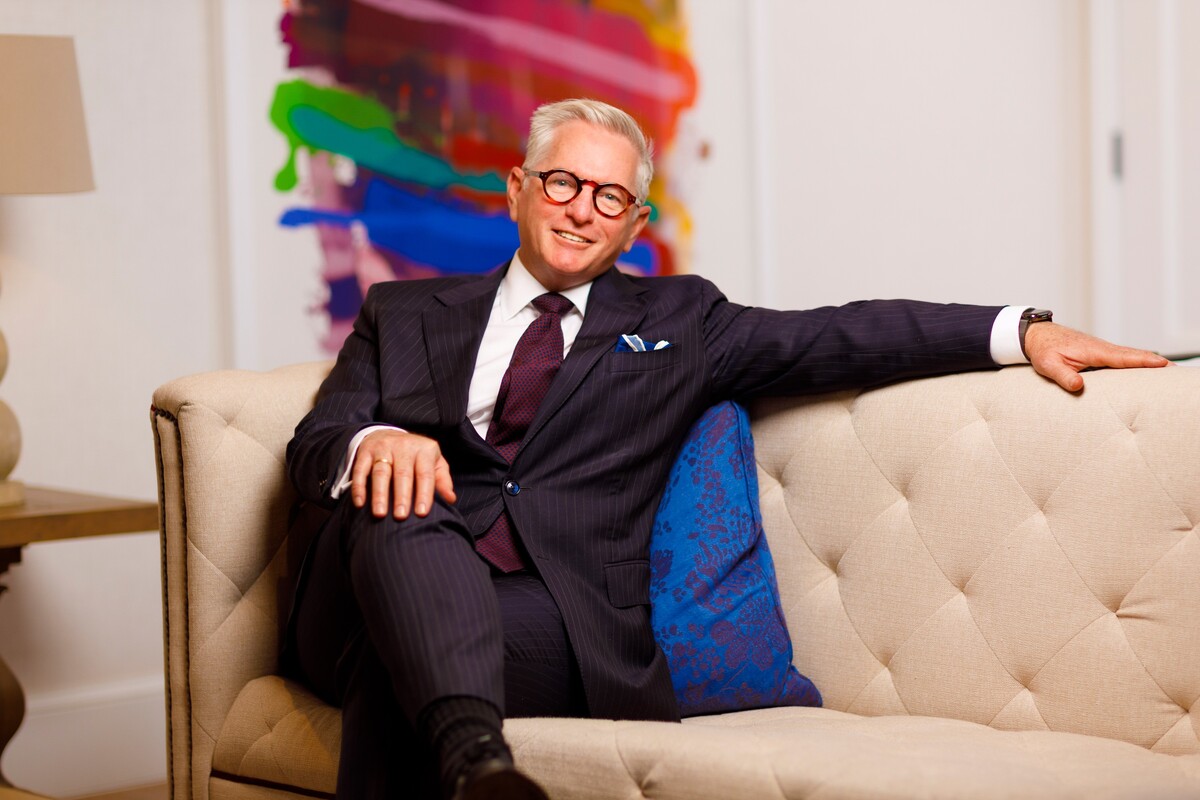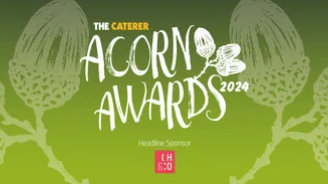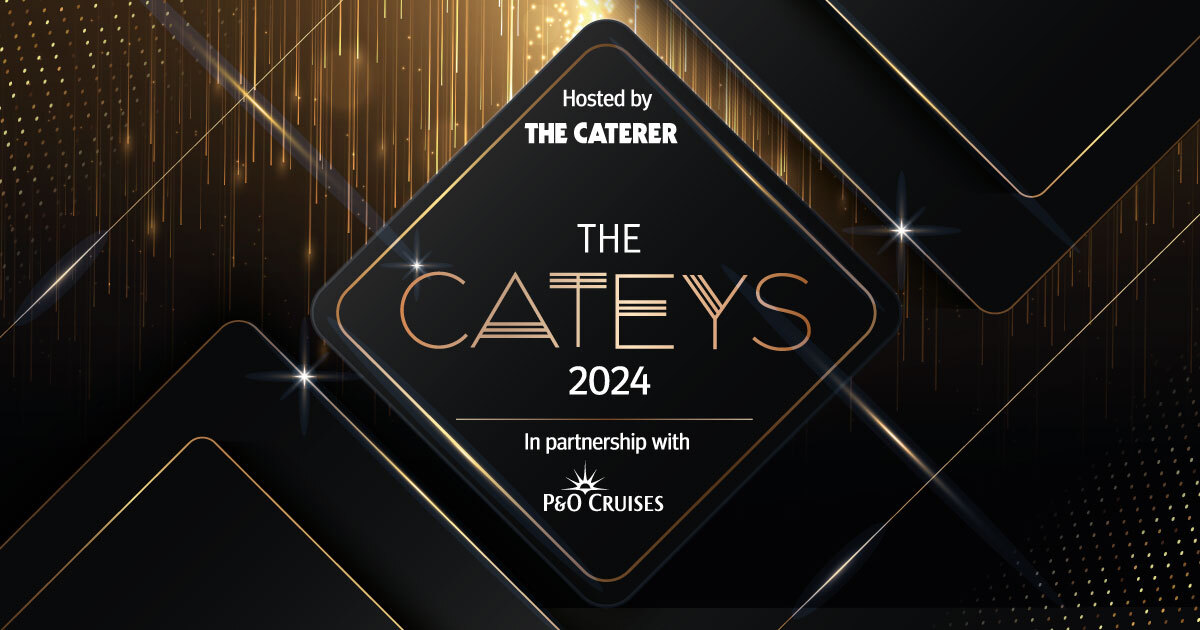Spice with style
There is a mantra that has been going around the Indian restaurant sector these past few years, and it has been heard more insistently of late. It goes something like this: "7,000 restaurants, £2.5b annual revenue".
Now those from outside the Indian community are taking up the chant with the passionate zeal of true believers and launching themselves into the world of upmarket Indian food.
The latest of the new breed is Michael Gottlieb, president of the Restaurateurs Association of Great Britain and owner of the two Smollensky's restaurants in London. He has joined up with chef-partner Cyrus Todiwala to open Café Spice Namaste, a 110-seat restaurant in a Grade II-listed building on Prescott Street in the City of London.
Blue Elephant International Plc, which has been running the Blue Elephant Thai restaurant on London's Fulham Broadway for the past 10 years, is behind another Anglo-Indian tie-up. Its offering is the 350-seat La Porte des Indes, at Marble Arch in London.
The new restaurants show just how far Indian food has moved into the mainstream. A recently overheard conversation is further proof of this: "I don't feel like anything foreign tonight," a man says to his wife, "Let's have a curry."
There are two concrete examples of the strength of this sector. Noon Foods, which supplies Sainsbury's and other supermarkets with prepared Indian food, makes 100,000 meals a day at its production kitchen in Southall. And the Guild of Bangledeshi Restaurateurs, which claims to represent 90% of all Indian restaurants in the UK, has shown the strength of this sector's economic clout by gaining discounts on insurance, banking charges and utilities for its members.
Café Spice Namaste and La Porte des Indes are not the first upmarket Indian restaurants in the capital, however. Veeraswamy has been trading on Regent Street for 70 years, the Bombay Brasserie has been going strong for more than a decade, and the glamorous Tamarind hit the Mayfair scene just over a year ago.
Chutney Mary on the Kings Road in Chelsea was the first high-spend, high-style Indian restaurant with backing from outside the Indian community. It seats 150 and has an average spend of £20. It was opened as a Business Expansion Scheme (BES) with financing and management expertise organised by Groupe Chez Gérard, directed by Laurence Isaacson and Neville Abraham. Their Indian partners were Namita Panjabi, director of cuisine, and her husband Ranjit Mathrani.
"Traditionally, the Indian restaurant scene had been a very large cottage industry of downmarket, inexpensive owner-operated restaurants," Isaacson says. "It had few serious restaurants that aimed at a more affluent market. We saw Chutney Mary's as an opportunity to do something different."
The BES reaches the end of its five-year period in April, when investors will realise "a very handsome profit", according to Isaacson. He describes the experience as "very successful and very interesting". The group, however, has decided to concentrate on its European restaurants and has sold to its Indian partners. The Panjabis are now sole owners of Chutney Mary.
"There is a great appetite for good Indian food in this country, especially as people have been travelling so much to India," says Panjabi.
She says serving authentic regional Indian cuisines prepared by specialist chefs has made the difference. "We have had a lot of accolades - from the Curry Club, and a Red M three years' running in the Michelin guide. Now it's the beginning of our second chapter," she says.
Gottlieb says the average Indian restaurants in the UK are pretty much indistinguishable: "They're not run by chefs and their hearts are not in it," he says. "But a phenomenal amount of money is spent in them," he adds.
The idea of developing an Indian restaurant first came to him five or six years ago. "I thought it was time to refresh myself," he says. By October 1994 he decided to go ahead and told friends he was looking for a chef.
"Pat Chapman of the Curry Club told me about Cyrus Todiwala and said he had a small restaurant called Namaste in the City, but he was having difficulties with his lease. I thought Todiwala's food was a knock-out, so I went to see him and we got on well at a personal level."
Gottlieb immediately decided to make Todiwala a partner because he didn't want to open the restaurant and risk losing his chef. "The best way to motivate anyone is to give them a piece of the business. He was given some shares and bought more."
Gottlieb found Todiwala's experience as executive chef for the Taj group of hotels in India an invaluable asset. "Cyrus had much broader experience of business than you find in most chefs. He had the kind of experience that gave him a broader business outlook."
Todiwala's imaginative cooking and his home-made pickles (see Caterer, 27 July 1995) has won Namaste some outstanding reviews. Few Indian chefs can lay claim to serving up wild boar pickle and curried kangaroo. And with a loyal City clientele, Namaste did a roaring lunchtime trade.
When it came to finding a site for their new restaurant venture, remaining in the Square Mile was important. "Finding the right premises always seems difficult until you find the right premises," Gottlieb says. As soon as they saw the site on Prescott Street - an old court building with very high ceilings - they knew it was right and leased the entire site.
At present, the restaurant uses only one of the three floors, but Gottlieb says there are plans to develop it. There is space for producing pickles on one floor and Gottlieb says they are considering a placing a function room on the second floor, a wine bar in the basement, and making use of the rear garden.
Regular customers from the old Namaste, now sold to new owners, have remained loyal and followed Todiwala to his new outlet, and the stylish and contemporary Indian decor has attracted new diners.
At lunch, the restaurant serves 120 covers, with dinner trade bringing in a further 100. Gottlieb expects a £1.5m turnover after the first 12 months, on an average spend of about £20 per head.
"I see the potential of us doing other restaurants together," he says. He says he is now looking for another site, possibly on the Kings Road in Chelsea.
La Porte des Indes is the largest restaurant opening in London since Mezzo. But as well as being one of the UK's largest Indian restaurants, it is probably one of the most lavish. More than £2m has been spent on its interior; its main feature is a 40ft black and white marble waterfall, imported from India, which runs between two floors. There are two small private dining rooms seating 12-25 people and a larger area seating up to 50.
The interior is decorated with hundreds of items of architectural salvage imported from India - 17th and 18th century pillars, columns, doors, panels, shrines, horses, and boats that are filled with flowers, as well as yards of portraits and wall hangings. A boutique off the restaurant entrance sells Porte des Indes merchandise.
Besides the Blue Elephant at Fulham Broadway, the group also owns Blue Elephant outlets in Paris, Brussels, Copenhagen and Bangkok. The group started in 1980 with a 30-seat unit in Brussels, opened by chairman Karl Steppe. By December 1986, the Blue Elephant had opened in London with 250 seats.
Both the group's London restaurants are overseen by group managing director Chalngura Jahau. Like every other major player in the company, Jahau is a partner with shares - a company policy. "That way there's more incentive and motivation," Jahau says.
Jahau was responsible for opening Fulham Broadway's Blue Elephant and had been looking for the right site for La Porte des Indes for several years. "I saw more than 300 properties over the past nine years, but this site was just right," he says.
The site opened 70 years ago as the Mayfairia Rooms, but had been empty for more than 15 years. "We were attracted to it because the interior has architectural grandeur," Jahau says.
Elaborate plaster cornices and architectural moulding, as well as two round skylights, were a deciding factor. Most importantly, however, there are 5,000 five-star bedrooms within a 10-minute walk, as the Cumberland Hotel is just behind it.
Jahau believes that London needs a high-profile restaurant for such a widely- enjoyed cuisine. "Here people will be able to have an evening out in splendid surroundings. It's romantic, evocative. This will do for Indian food what the Blue Elephant did for Thai food in London."
The restaurant's theme is the colonial experience in India as seen from a French perspective, and the cuisine will centre on the region around Pondicherry.
Mehernosh Mody, the restaurant's head chef, was an employee at the Brussels restaurant and has been brought to the UK as a partner. Before his arrival, he spent months in Pondicherry, coaxing and cajoling recipes from local home cooks. "I had to charm those ladies because they didn't want to give their recipes up, but once they did you couldn't stop them," he says.
There are eight chefs and a full-time staff of 60-80, including two full-time staff employed making fruit and vegetable carvings to decorate plates. Part-timers bring the total number of staff to about 100.
The group imports two tonnes of fruit and vegetables from Bangkok each week for its European restaurants, 500kg for London alone. La Porte des Indes operates on a 30% food cost, with mise en place prepared daily by 6pm.
The restaurant is open seven days a week, from 12 noon to 2.30pm and 6pm to midnight. Spend at lunch is put at £20-£25 and £35-£40 at dinner. Cash-flow projections are based on only 50 lunch covers and 300 at dinner by April. The projection is £3.5m turnover in the first 12 months.
For two weeks before the official opening on February 20, the restaurant had a "soft" opening with 50% off the menu prices.
"You can never give perfect service until you have trained the staff and they know the food and equipment. And if you charge full price you can't say ‘sorry' to a paying customer," says Jahau. "We're in this business for the long term."
